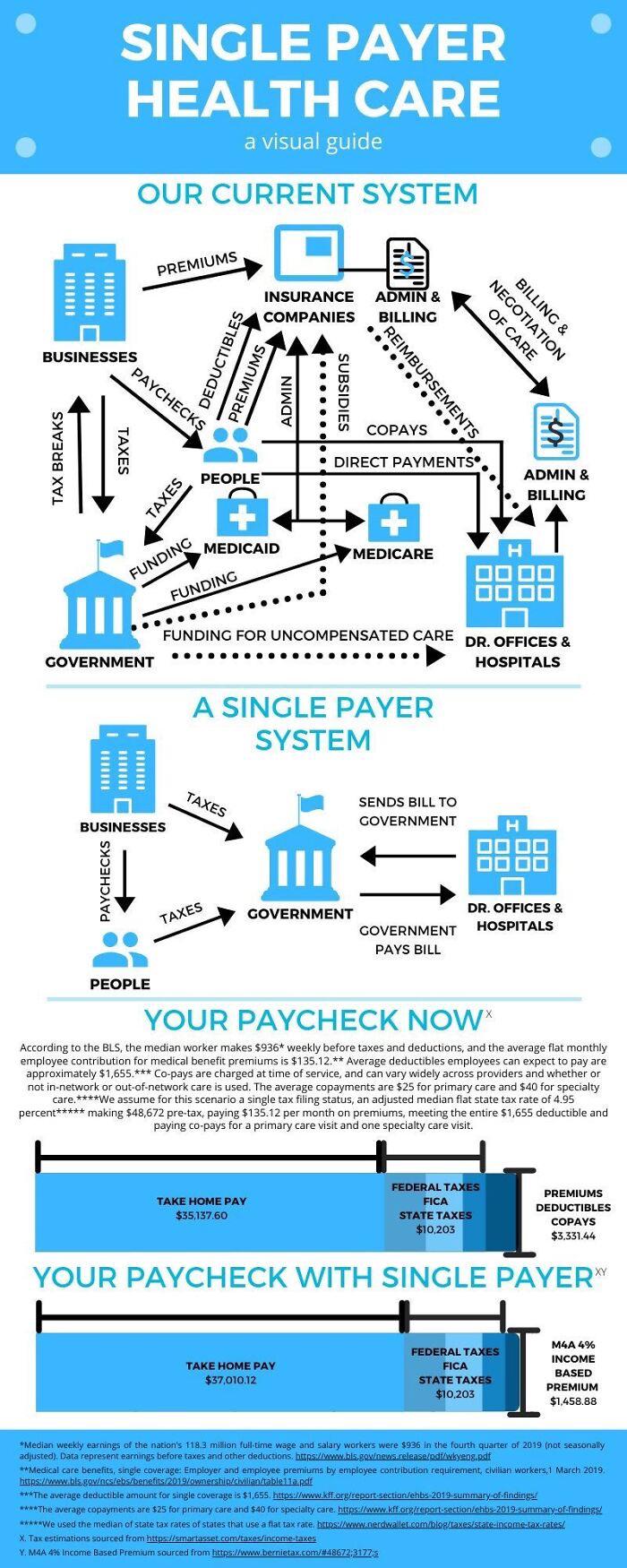Cool Guides
Rules for Posting Guides on Our Community
1. Defining a Guide Guides are comprehensive reference materials, how-tos, or comparison tables. A guide must be well-organized both in content and layout. Information should be easily accessible without unnecessary navigation. Guides can include flowcharts, step-by-step instructions, or visual references that compare different elements side by side.
2. Infographic Guidelines Infographics are permitted if they are educational and informative. They should aim to convey complex information visually and clearly. However, infographics that primarily serve as visual essays without structured guidance will be subject to removal.
3. Grey Area Moderators may use discretion when deciding to remove posts. If in doubt, message us or use downvotes for content you find inappropriate.
4. Source Attribution If you know the original source of a guide, share it in the comments to credit the creators.
5. Diverse Content To keep our community engaging, avoid saturating the feed with similar topics. Excessive posts on a single topic may be moderated to maintain diversity.
6. Verify in Comments Always check the comments for additional insights or corrections. Moderators rely on community expertise for accuracy.
Community Guidelines
-
Direct Image Links Only Only direct links to .png, .jpg, and .jpeg image formats are permitted.
-
Educational Infographics Only Infographics must aim to educate and inform with structured content. Purely narrative or non-informative infographics may be removed.
-
Serious Guides Only Nonserious or comedy-based guides will be removed.
-
No Harmful Content Guides promoting dangerous or harmful activities/materials will be removed. This includes content intended to cause harm to others.
By following these rules, we can maintain a diverse and informative community. If you have any questions or concerns, feel free to reach out to the moderators. Thank you for contributing responsibly!
view the rest of the comments

It is a bit simplified but it is much more streamlined than the insurance system outlined.
The UK model is single payer. The government pays the money into a national body like NHS England (or NHS Scotland etc) and it distributes money. The internals of the system itself are complicated (there are commissioning groups, acute hospitals, mental health services, dental services, public health services etc) and have overhead as with any organisation.
But there are not multiple government health organisations or paying systems - there is a single national tarrif for what each part of gealthcare costs and that money is distributed down to the providers like hospitals and GPs/family doctors. 2/3 of the cost of Healthcare is staff wages; it's people intense.
No insurers, no billing agencies or debt collectors. Essentially there are not 3rd party businesses creaming off money for doing little more than handle the money. More of the money goes directly to healthcare rather than intermediaries. The infrastructure and administration within the system such as commissioning groups etc have fixed costs - none of it is run for profit.
In terms of government control - that is a concern but US politicians already heavily interfere in the system. Abortion is a good example of that. What you don't get is Healthcare businesses of various types interfering in government.
The real issue for a single provider system is the staff - wages are kept down as its a national system. That causes strife if wages of pushed down too much. So you do get unions exerting pressure on government. I see that as a good thing but your mileage may vary.
Also if there is under investment then that can severely hamper the system - we have that problem in the UK - demand is going up as the population ages, but the politicians won't make the hard choices of taxing the elderly to support expanding the Healthcare system.
I would earn far more in my specialty in the US. However even so I much prefer the UK system. I don't want us to go down the route of the very broken US system. However there are public system with insurance models that do seem to work well - Australia and Canada have good reputations both in terms of cost, efficiency and pay for staff etc.
Essentially Universal Healthcare should be the aim, and it doesn't necessarily have to be a single payer system to work. But single payer systems can work.
Politicians are drunk on the growing private 'optional' sector, letting unequal access creep in through the door they got their muddy feet in. This absolutely has to stop.
We see it here, as some regions take their levy and starve the public system in the hopes of forcing people shell out for the only option in this 'optional' alternative.
The NHS is a model of how to do it except any part that even speaks - or offers a business license - to any clinic offering any services which overlap at all with public space. This insidious taint needs to result in jail time for cruelty.